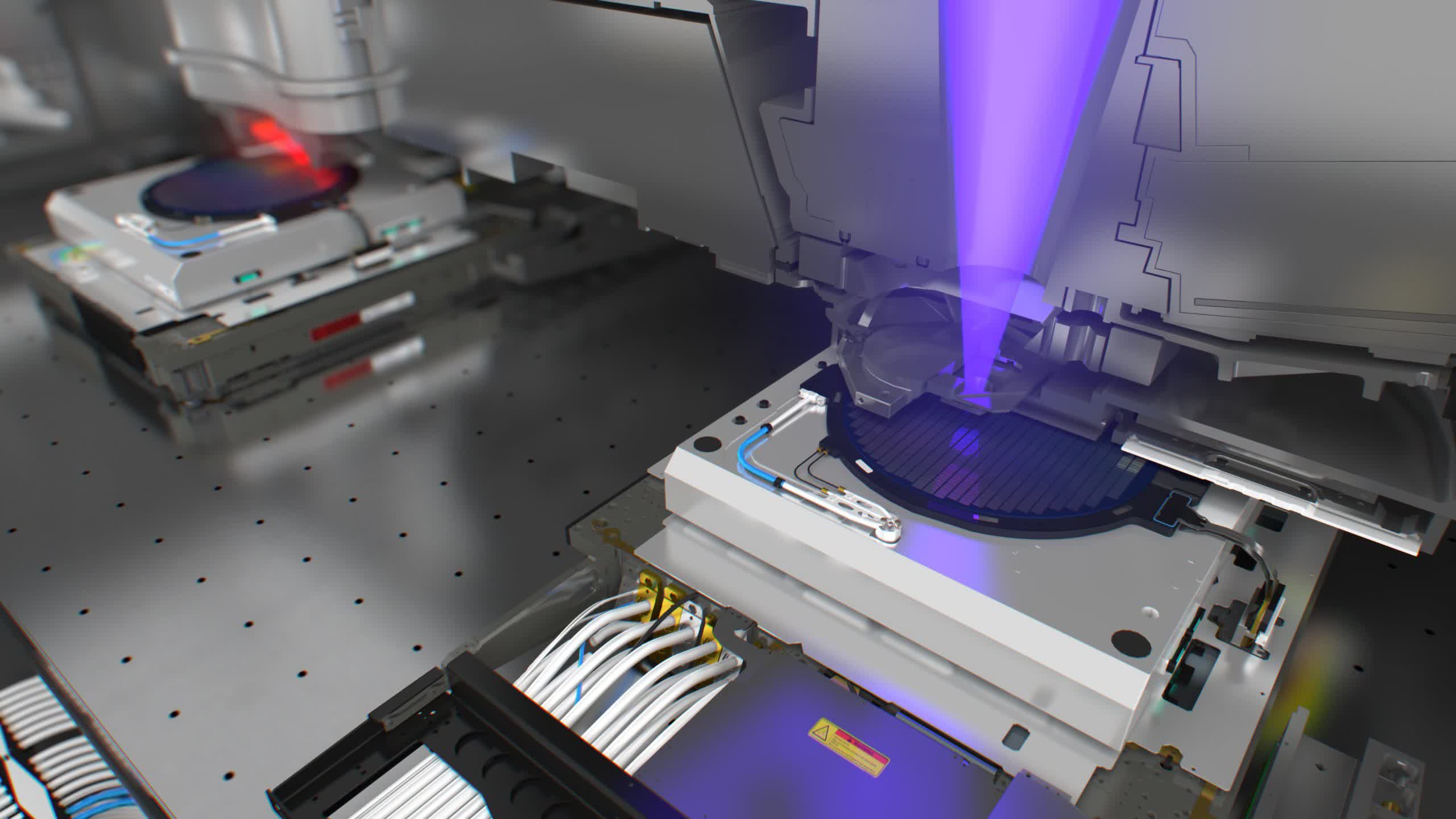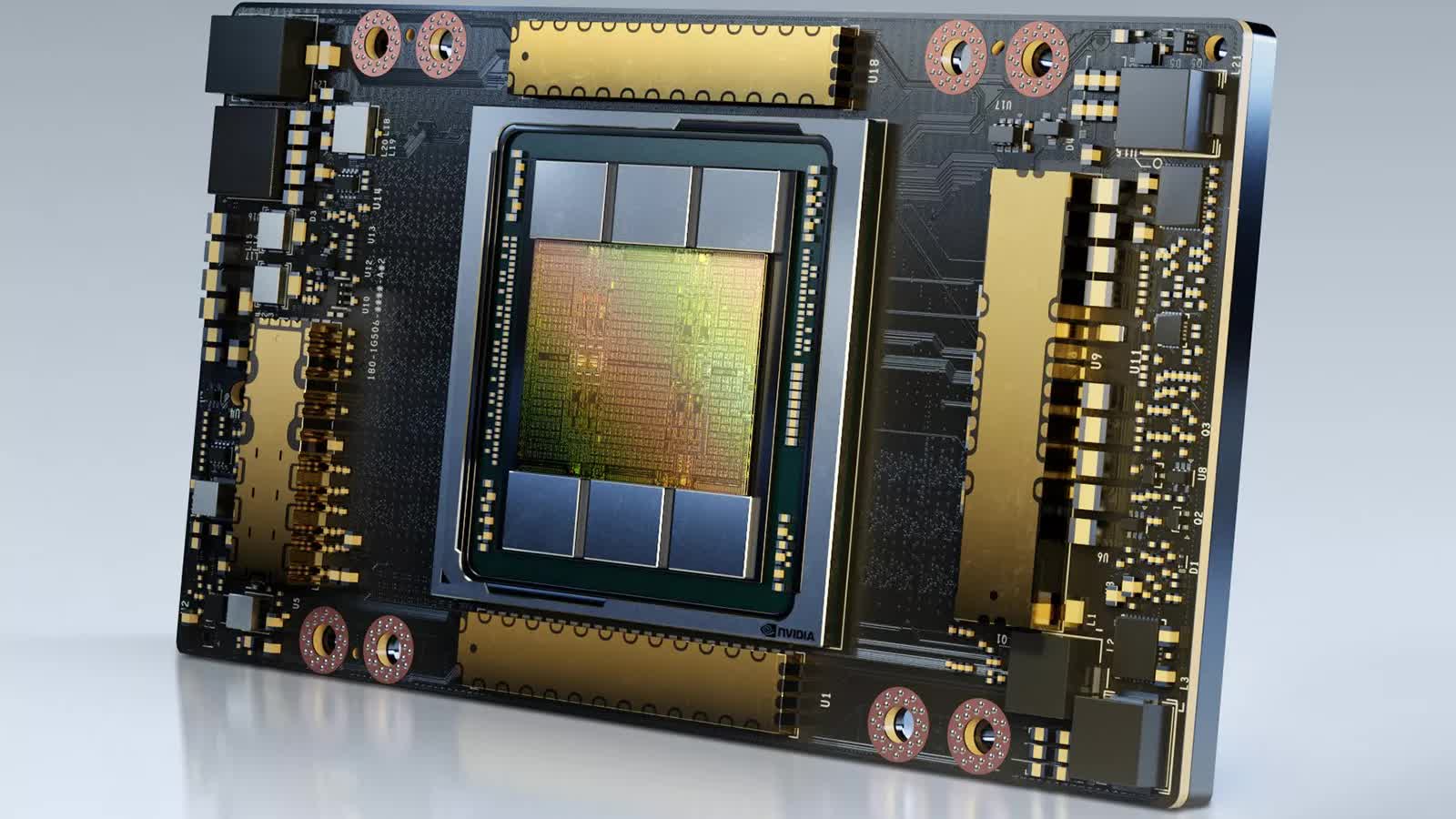In brief: Chinese chip firms are trying to circumvent US sanctions by altering their most powerful chips to make them slower. The move comes just as Nvidia unveiled a less-powerful substitute for its two GPUs that fall under the export controls.
As per the Financial Times, some Chinese fabless chipmakers, including Alibaba and Biren, have poured millions of dollars into creating blueprints for advanced processors destined for the next generation of China's supercomputers, data centers, and AI solutions.
The problem for China is that it lacks the facilities to create these cutting-edge chips, so the designs are sent to Taiwan's TSCM. But the latest US sanctions cover third-country chip manufacturers that use American-made software or equipment, requiring them to apply for a license when exporting chips over a specific processing power. An expert said these licenses are "presumptively denied."
The new sanctions forced Chinese chip designers to stop work on their latest chips and alter the designs. However, their engineers say the US rules for calculating the bidirectional transfer rate, capped at 600 GB/s, are unclear.
Biren's first processor, the BR100, has seen its transfer rate of 640 GB/s reduced to 576 GB/s, achieved by disabling part of the chip in the hope it will pass Washington's restrictions. Alibaba is looking to do the same with its chips.
Nvidia is also addressing the export sanctions. Both team green and AMD are now prohibited from selling their high-performance AI-focused GPUs to China and Russia without a license, which could cost Nvidia up to $400 million. The company has now unveiled the Nvidia A800 graphic processing unit, which went into production in Q3, as another alternative to the Nvidia A100 GPU for customers in China.
"The A800 meets the U.S. Government's clear test for reduced export control and cannot be programmed to exceed it," an Nvidia spokesperson said in a statement to Reuters. The chip has a interconnect speed of 400 GB/s, down from the A100's 600 GB/s.
Chinese server makers and other companies in the country are already advertising the A800 on their websites. Assuming it proves successful, the GPU should lessen the sanctions' impact on Nvidia's quarterly results.

